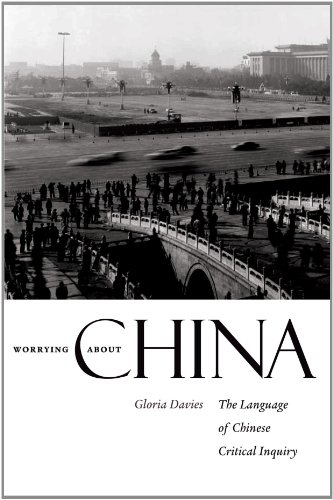

Most ebook files are in PDF format, so you can easily read them using various software such as Foxit Reader or directly on the Google Chrome browser.
Some ebook files are released by publishers in other formats such as .awz, .mobi, .epub, .fb2, etc. You may need to install specific software to read these formats on mobile/PC, such as Calibre.
Please read the tutorial at this link: https://ebookbell.com/faq
We offer FREE conversion to the popular formats you request; however, this may take some time. Therefore, right after payment, please email us, and we will try to provide the service as quickly as possible.
For some exceptional file formats or broken links (if any), please refrain from opening any disputes. Instead, email us first, and we will try to assist within a maximum of 6 hours.
EbookBell Team

5.0
38 reviewsWhat can we do about China? This question, couched in pessimism, is often raised in the West but it is nothing new to the Chinese, who have long worried about themselves. In the last two decades since the "opening" of China, Chinese intellectuals have been carrying on in their own ancient tradition of "patriotic worrying."
As an intellectual mandate, "worrying about China" carries with it the moral obligation of identifying and solving perceived "Chinese problems"--social, political, cultural, historical, or economic--in order to achieve national perfection. In Worrying about China , Gloria Davies pursues this inquiry through a wide range of contemporary topics, including the changing fortunes of radicalism, the peculiarities of Chinese postmodernism, shifts within official discourse, attempts to revive Confucianism for present-day China, and the historically problematic engagement of Chinese intellectuals with Western ideas.
Davies explores the way perfectionism permeates and ultimately propels Chinese intellectual talk to the point that the drive for perfection has created a moralism that condemns those who do not contribute to improving China. Inside the heart of the New China persists ancient moralistic attitudes that remain decidedly nonmodern. And inside the postmodernism of thousands of Chinese scholars and intellectuals dwells a decidedly anti-postmodern quest for absolute certainty.
(20080701)